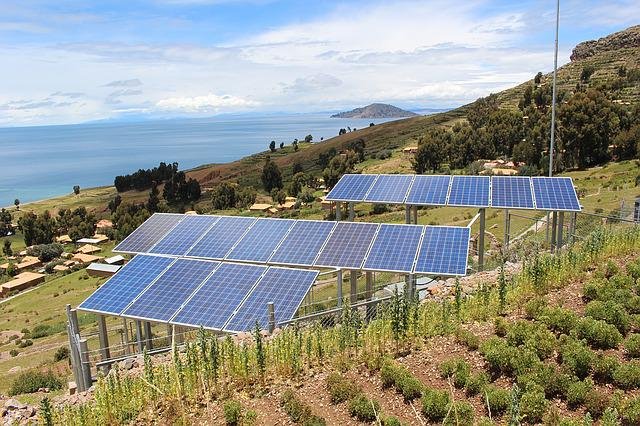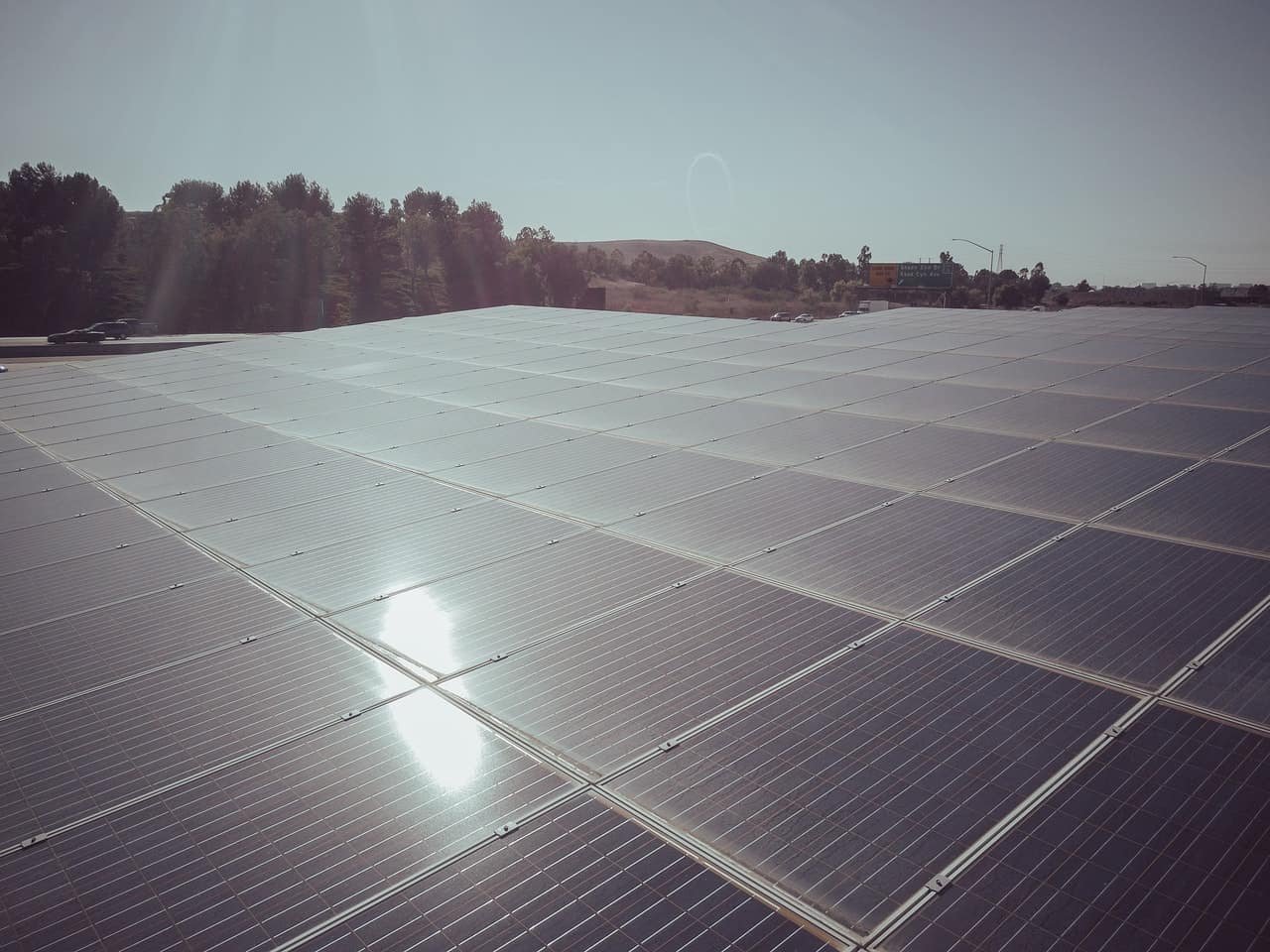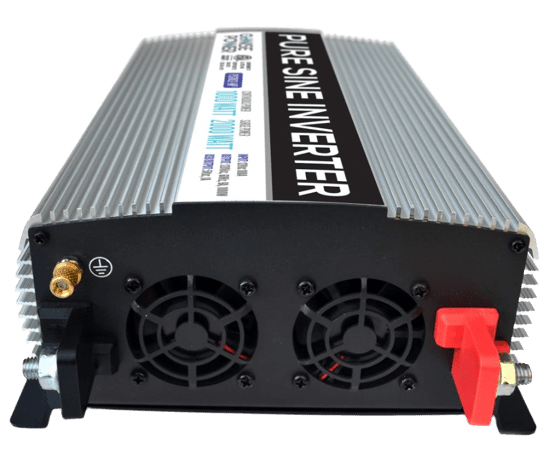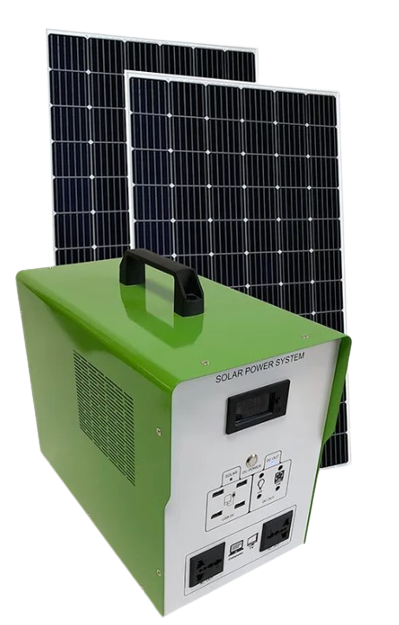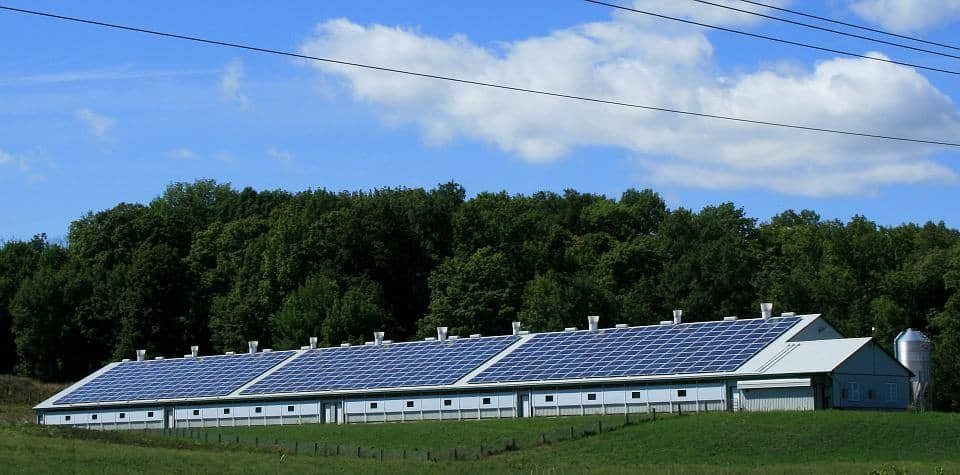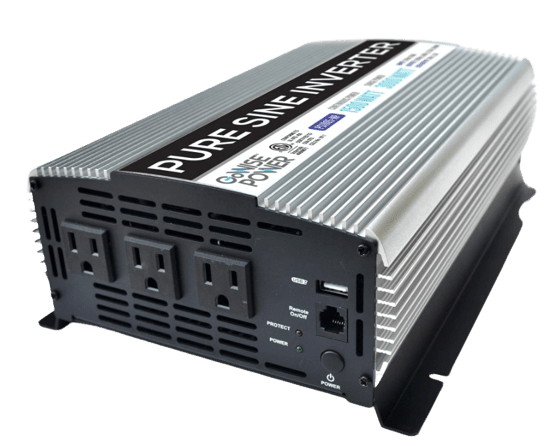It seems like everyone is promoting the savings you can get from using solar energy. But with many scammy installers and not a lot of information or answers to questions for the average person, it can feel a lot like a scam.
This is especially true when you look at the prices. No matter if you are in a place like California or the middle of the country, you will likely need a loan for a solar system and quotes from the solar installers.
So is a solar energy system worth it? For average consumers, between the rebates and thousands of dollars in savings in electricity costs, the decision is easy. However, not everyone can use a solar panel system, and for some people and locations, it just doesn’t make sense.
Don’t worry, in this article, we will cover options for a solar power system and other equipment, and the things you need to calculate your own savings and electricity rates as a homeowner.
What Factors Make Solar Panels Worth Buying?
Location
The location of your home and the solar panels around your home are both important. If you live in an area where you get a lot of sun year-round, it is well-worth getting solar panels.
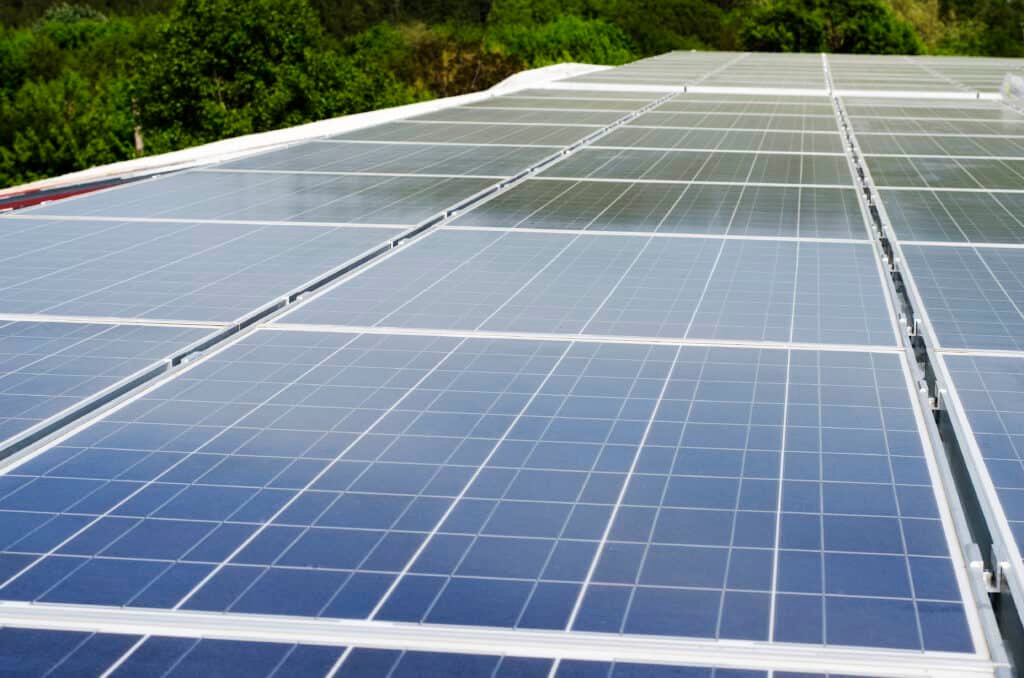
If you live in an area that is rainy and cloudy a lot of the year, or you are up north enough that the sun doesn’t come up for parts of the year, it may not be as worthwhile getting solar panels. The same goes for where you are going to put your solar panels.
If your home is covered in shadows, blocked by trees, or just in an area where full sun isn’t a possibility, then solar panels may not be a good idea.
Solar panels are not super efficient already, and when a part of them is covered, you will find that their efficiency drops pretty dramatically, even if it is only a small part. So if you want solar panels, you need to make sure you can put them somewhere they can get sun throughout the day for the best benefits.
Local and Federal Tax Incentives
Many states and counties are offering tax incentives to encourage more people to get renewable energy in an effort to meet their goals by 2030. Solar panels aren’t very expensive, but having someone install them and getting the batteries and inverters can cost a lot, so having these incentives can make solar panels much more affordable.
Some of these incentives include:
- State tax credit
- Property tax exemption for solar
- Sales tax exemption on solar
Additionally, no matter which state you are in, you can get a federal solar tax credit of close to 30 percent, also known as the federal investment tax credit (ITC).
Energy Consumption
The general rule of thumb is that the more energy you traditionally consume, the more solar panels can help you out. The general rule of thumb is that if you use under 500kWh (kilowatt hours) per month of energy, having solar panels installed professionally is not often worth it.
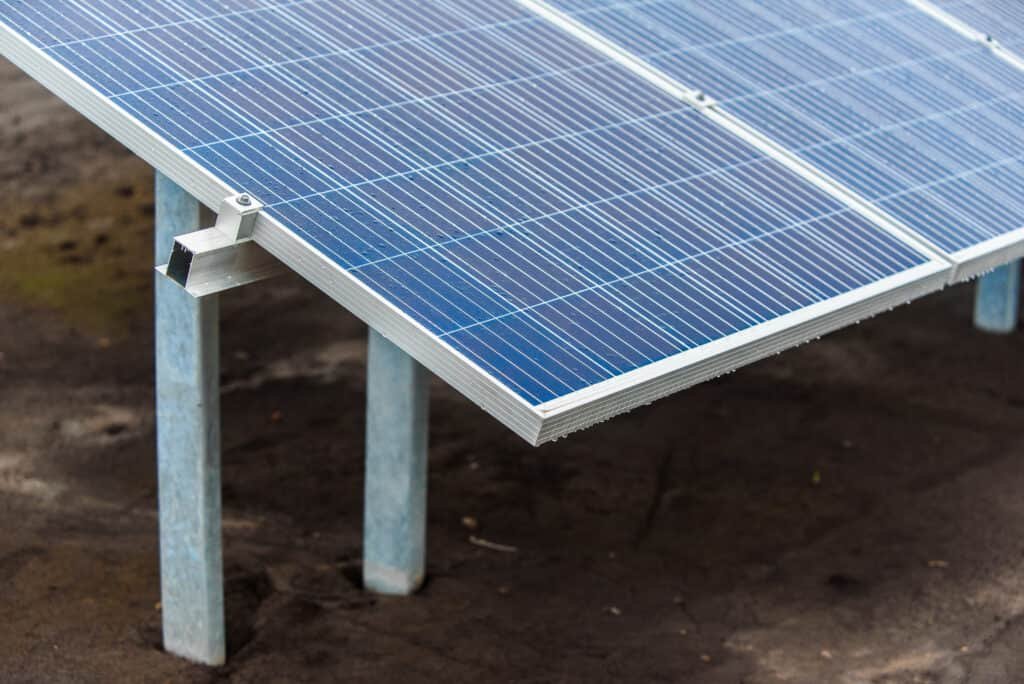
It would take far too long for the solar panels to pay off. Labor encompasses a large part of the budget when it comes to installation.
If you can do it yourself, it may be worth getting solar panels and installing them yourself, especially if you are trying for a more off-grid lifestyle and don’t want to rely on utility companies for your electric needs, or to have them come in and do metering.
If you use anything over 500kWh a month though, it is worth investing in solar. It doesn’t take a long time to pay off your solar investment if you use over this amount a month.
High Energy Bills
Obviously, the cost of your energy bills accounts for a lot as well. If your energy bills are fairly cheap in your area, then it may not be worth getting solar panels. However, if you live in one of the many areas where the cost of electricity, water, and gas are increasing, solar panels can be a way for you to offset some of those costs.
Related Articles:
Roofing
Finally, your roofing is something to consider. Not only do you want to make sure that your roof is getting a lot of sun, but you need to think about which way your roof is facing.
South and west-facing solar panels are the best. They will give you not only the most light throughout the day, but also allow you to take advantage of the sunlight when it is the strongest.
How Much Do Solar Panels Cost?
Solar panels themselves don’t cost a lot. The system and the installation itself are what costs the most. And while it is a large up-front cost, it really isn’t that much in total. Even before the tax breaks, you are looking at somewhere between two and three dollars per watt.
Solar panels by themselves usually cost anywhere from 50 cents to a dollar per watt.
The federal tax credit alone takes off around three to four thousand, though that amount changes based on the size of your system.
Unfortunately, this is all considered before the installation, which can easily double your costs, and usually requires a system of at least $10,000 before big companies will even consider installing for you.
Calculating Solar Power Costs
It isn’t easy to calculate solar power costs. You have to first determine what company you would like to hire. This is because companies will sometimes only work with one company or product.
So you need to either find a company you trust and use the products they provide, or find a product you like, and use a company that works with that product. Then you need to figure out the size of the system you want, and all of the components you need.
If you just want something basic, there are often systems online available to you that come with everything you need such as a battery, inverter, solar panels, and more. You will also need an estimate of labor costs and how long it will take to set up your system.
You can usually call the company you want to work with and ask them for an estimate. Usually, though, you can expect to double or even triple your cost with an installation.
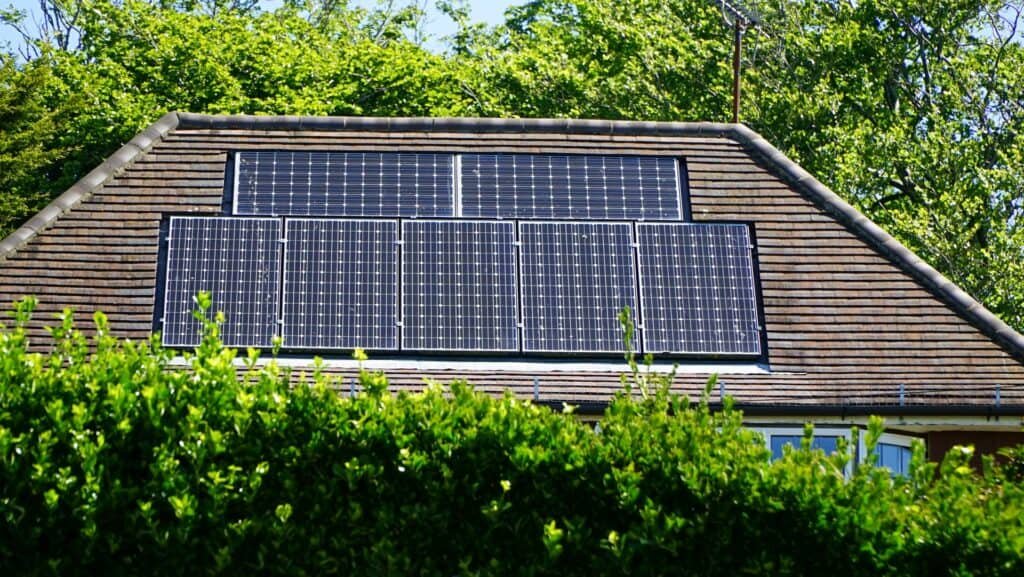
You can at this time go ahead and look at tax credits and such in your area, but we prefer not to do that. Since you usually have to pay all of the costs up-front anyway and get a reduction in taxes later, we just treat it like an extra surprise.
How Much Can You Save by Using Solar Panels?
There is a simple way to calculate how much you can save by using solar panels, as well as your buyback period. The buy-back period is defined as the length of time it takes for you to pay off the total cost of your solar system. Theoretically, you aren’t making a profit until that cost is paid back.
Thankfully, it is easy enough to determine. You can start by looking at your estimated cost to get an idea of how long it will take to pay off your system, but when you get the system installed, you can double-check by using your actual price.
Then, you will divide that number by the cost of electricity with your electricity company. It is usually available on your bill, but if you don’t know, the average cost is about 13 cents per kWh. Sometimes, you can search for the cost online as well.
Then, looking at your utility bills, total up your annual electricity usage. You can do it month-by-month for different seasons, or you can just take an average. Divide your solar cost by that annual number. The number you get is the years it will take to pay back your system.
Then, you will start saving money. Again, per system, it is a little different, but on average, you can expect to save anywhere between $10,000 to $90,000 over 25 years in net savings. The average is about $1,500 a year.
How To Calculate Your Energy Production
Energy is equal to power over time. If you like numbers, you can calculate this yourself. However, there are plenty of calculators online to give you the average energy production in your area, and even your own energy production.
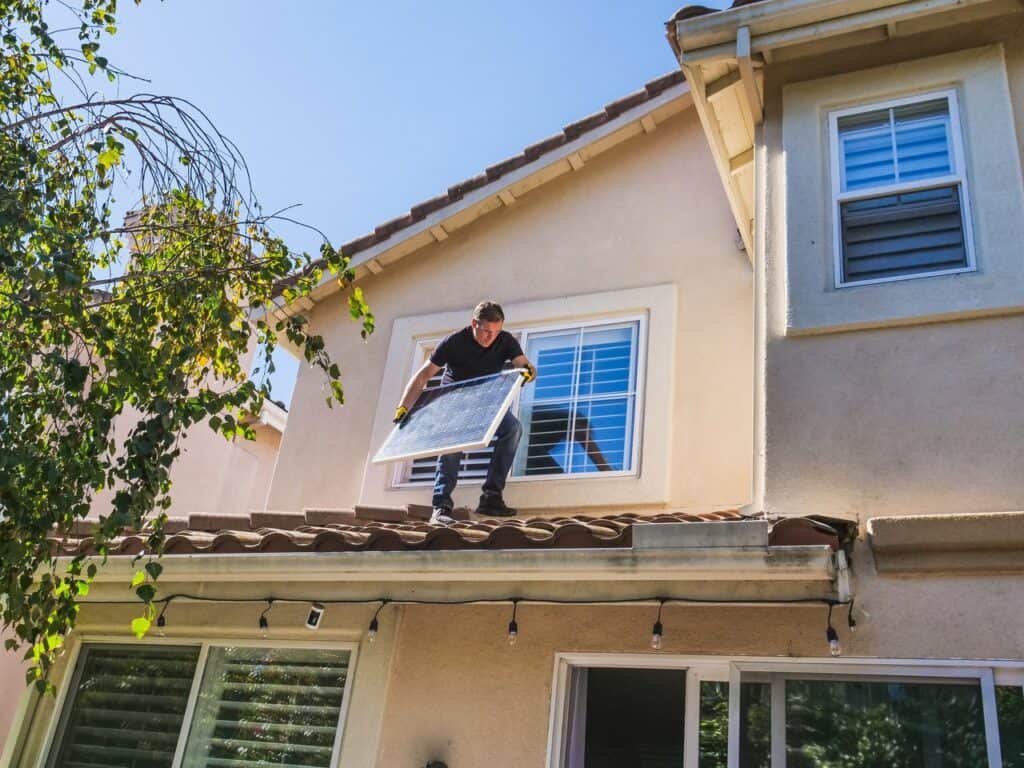
In homes, it can be a complicated process, as there are a lot of appliances to take into account. To check every appliance, you have to multiply the device’s wattage, which is usually on a sticker somewhere on the appliance or you can look it up, by the length it is on per day. Then you have to divide by 1000.
If you want to see the cost of running an appliance, you multiply your kilowatt hour rate by that number, which would be the amount your utility company charges you per kWh.
Pros and Cons of Solar Panels for Your Home
Pros
- Lower utility bill costs
- Better for the environment (green energy)
- Buy-back from the government
- More energy independent
- Little maintenance
- Long-lasting
Cons
- High initial cost
- Depends on the sun and weather
- Cannot move with you
- Can only use if you live in a sunny area
- Isn’t usable for renters or in apartments
FAQ
Can a house run on solar power alone?
It is conceivable for a home to be totally powered by solar panels, but only if the homeowner has a very low electricity bill and/or invests in a very large solar system. Nonetheless, it’s very improbable that the typical home could rely only on solar panels for energy needs.
This is due to the fact that installing a solar system large enough to provide all of the energy needed to run a house might be out of reach financially and logistically for many homeowners. Solar panels are increasingly being used by households not as a primary source of energy but as a backup.
How long do solar panels last on a house?
Manufacturers often back solar panel products with a 25-year warranty, which assures that the product will work as intended for that length of time. Solar panels have a long usable life provided they are kept in good condition, however this life can be shortened by a number of causes.
High temperatures, physical damage, overuse, and subpar raw materials are only some of the things that might shorten an object’s lifespan. In spite of their durability and lifetime, solar panels are susceptible to these issues.
How long will it take to recoup the initial cost?
To recoup the original investment in a solar panel system might take around eight to ten years. The time it takes to get a return on investment, however, might vary widely depending on those circumstances.
The total cost of installing solar panels depends on a number of variables, such as the size of the system, the quantity of sunshine the panels get, the price of power in the area, and any applicable rebates or tax credits. There are a number of variables that might impact the payback period, including panel efficiency, financing method, and projected growth in energy prices.
Do solar panels work in rain?
Solar panels are able to handle water, and won’t be damaged by rain. However, they do have a severely reduced efficiency in the rain as it isn’t as sunny. The plus side of rain, though, is that it washes away any debris or dust so your solar panels are clean and at their peak effectiveness when it is sunny again
Does solar power work in winter?
Again, solar panels work as long as it is sunny. So if you stay sunny in the winter, the solar panels will work. Since there is less sun in the winter, they will not work as well or as long, but they will still provide some help with your power needs.
Does solar void roof warranty?
In most cases, a roof’s warranty will remain intact even if solar panels are installed on it. It is essential to double-check with the solar panel manufacturer and the roof’s original manufacturer to avoid any damage to the roof during installation.
This is crucial if the roof has a guarantee, since any damage from installing the solar panels might render the warranty null and void. In order to keep the roof in good condition and the guarantee valid, it is important to follow all of the manufacturer’s guidelines.
Do solar panels hurt the resale value of your home?
For the most part, solar panels can increase the resale value of your home. However, in some areas where solar panels aren’t so common, it can hurt. Also, you want to make sure you purchase your solar system and don’t lease it, as that can severely harm your home’s resale value.
Does solar damage your roof?
Professional solar panel installers will avoid damaging your roof at all costs throughout the installation process. The roof must be adequately prepared, the right mounting gear must be used, and all installation guidelines provided by the manufacturer must be strictly adhered to.
When installing solar panels, a respectable business will take extra care to safeguard the roof from harm by utilizing protective covers and other measures. You can be certain that your solar panel installation will be carried out professionally and safely by a trustworthy business, reducing the likelihood of any damage to your roof.
